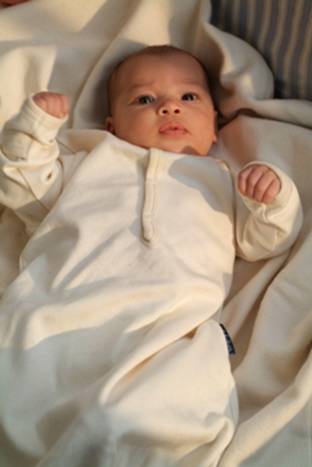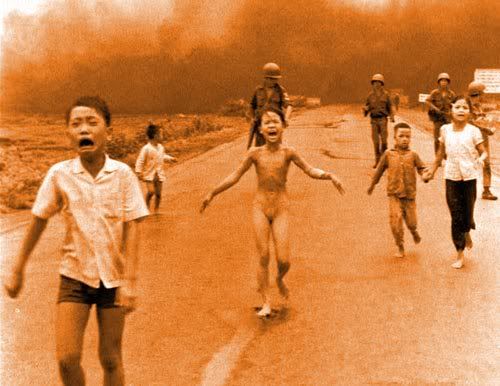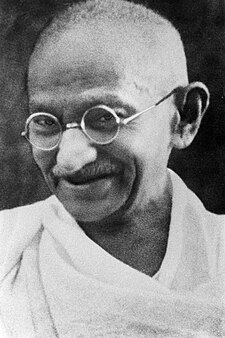
In the ICU, after surgery to remove a tumor from my spine, I have never felt more helpless in my life. I cannot move my legs. In a hospital bed, I am helpless as an infant. Instead of crying, I press the red call button for the nurse or the black button for pain. At 48, I had felt competent and in charge. Two weeks before, I was driving my car and engaged in normal adult life. Now, like the game of Chutes and Ladders, I had headed down one of those long red sliding boards back to earliest childhood. It is frustrating and embarrassing at first, although the nurses are quite kind and have seen every level of human limitation and suffering.
But then I realize something I have not felt since infancy. This is a sense that the world is good and that the universe is protecting you, caring for you, meeting your needs. It is a sense of being held in the hand of God. I live by grace, relying upon the goodness of others, the compassion that created hospitals, the kindness that brought me here. We lose sight of this feeling in our day-to-day activities. We feel so competent that we fool ourselves into thinking that we are doing it all. We think we are in charge. But we all live by grace.
Now this illusion of control is stripped away. It is a remarkably wonderful feeling, the certainty of a protective hand. Surely goodness and mercy will follow me all the days of my life. I settle in to this cradling hand, this comforting reality, this assurance that God will never leave my side. In the weeks and months ahead, I will learn to walk again, regain control and move farther from the innocent trust of infancy. But for now, I see the world with newborn eyes. In a very literal sense, I am born again.









